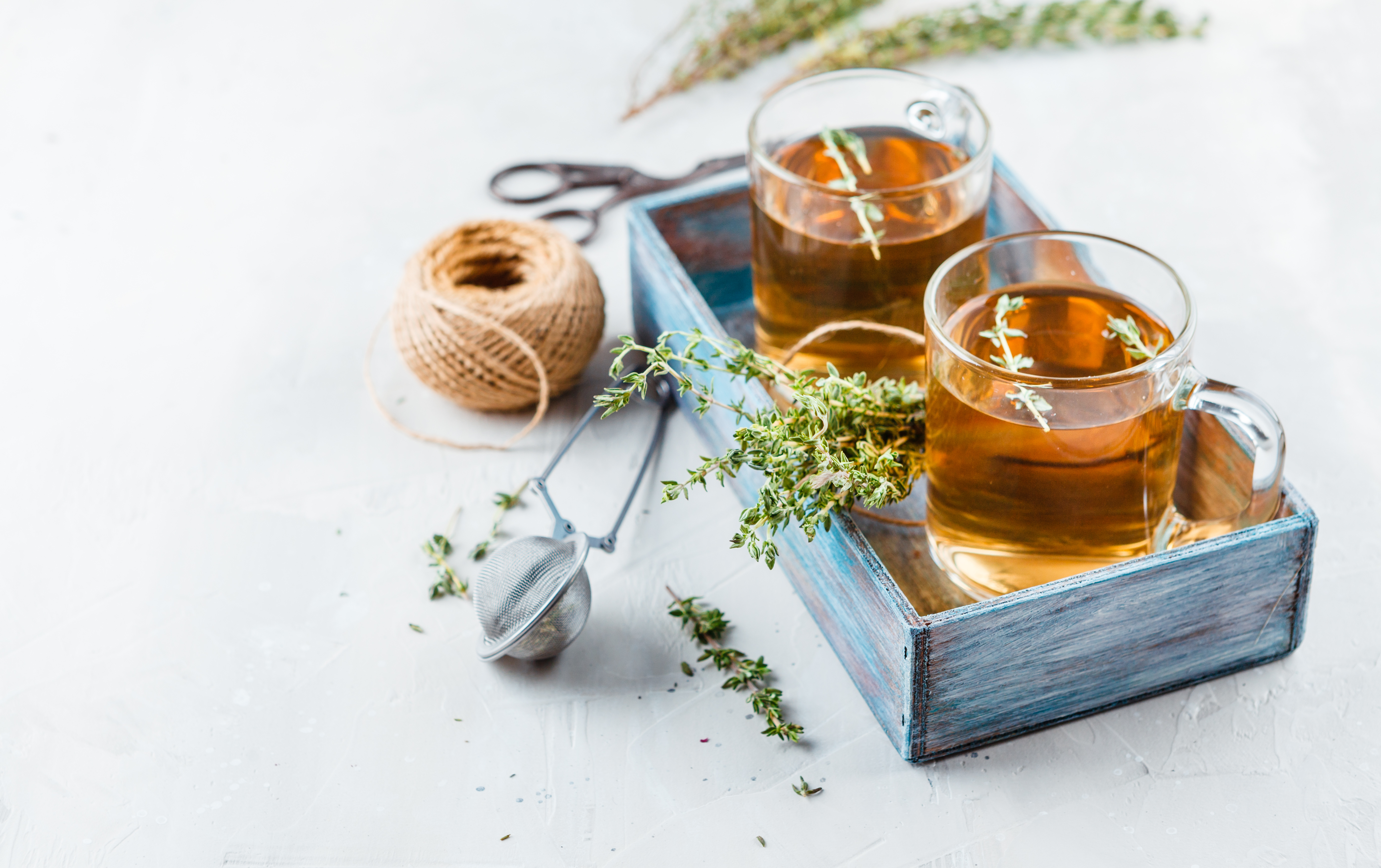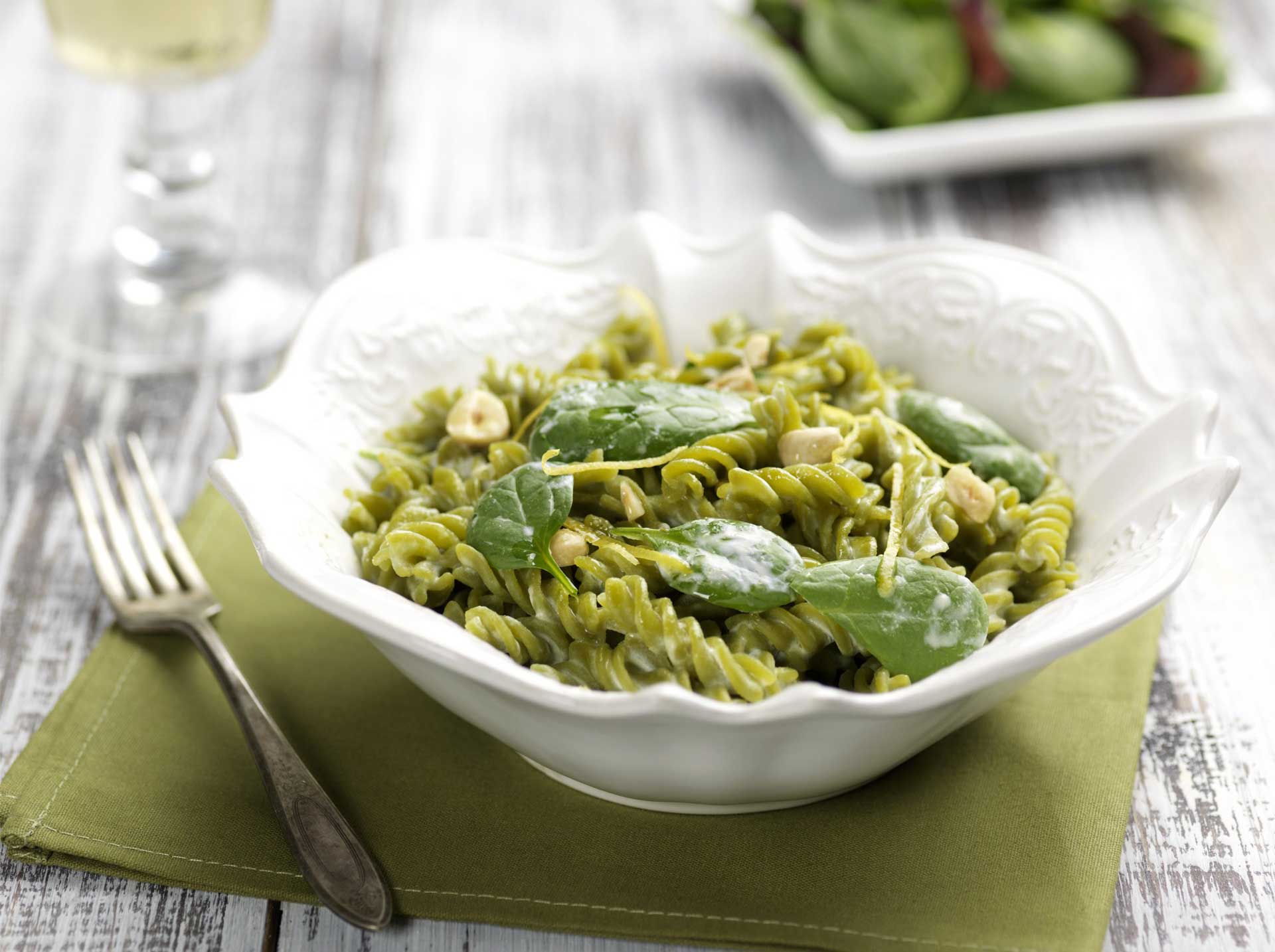
Herbal Teas and Their Beneficial Effects
During winter, herbal teas can be a pleasant way to warm up and introduce adequate amounts of liquids. But not only that: the beneficial effects of some plants, which possess medicinal properties, are well-known.
Herbal teas are pleasant beverages and should always be consumed in their natural state, without sugar and sweeteners. They come in all types, available both at supermarkets and in herbalist shops or pharmacies, either as ready-to-use filters or as blends to be filtered. In both cases, simply steep the filter or the blend (1-2 tablespoons) in a cup of boiling water for a few minutes, making sure to cover it to prevent the dispersion of volatile substances.
Certainly, there are significant differences between a commercial preparation and a standardized and titrated herbal product: in the latter, the quantity of the drug (i.e., the part of the medicinal plant containing the active principles that characterize the therapeutic action) and the standardization of the active substances present in it guarantee a controlled product, whose components possess specific health and physiological effects on our body.
Below is a brief description of the medicinal plants present in herbal teas and infusions that are most commonly used and their beneficial effects (draining, digestive, relaxing).
Fennel
Botanical Name: Foeniculum vulgare
Dried fruits have a powerful digestive action and promote the elimination of intestinal gas, improving intestinal motility.
The active substance is an essential oil that has pronounced carminative and spasmolytic properties.
It is useful for abdominal bloating, irritable bowel syndrome, and poor digestion.
Chamomile
It has a pronounced digestive, soothing, and emollient action, improves intestinal motility, and promotes the elimination of intestinal gas; it also has an action on relaxation and mental well-being.
The flowers (dried flower heads) contain an essential oil rich in active substances (α-bisabolol, flavonoids, coumarins) with spasmolytic, anti-inflammatory, and sedative effects.
Mint
Dried leaves and inflorescences have a digestive action, promoting intestinal motility and the elimination of intestinal gas.
It is contraindicated in individuals with bile obstruction and liver disorders. It should be used with caution even in cases of gastroesophageal reflux.
Nettle
Dried leaves and roots are used, containing active substances: polysaccharides, lectins, and glycosides are found in the aerial parts; minerals, calcium, and magnesium compounds, carotenoids, and vitamin C are present in the leaves.
Nettle has purifying and draining effects; furthermore, it is a beneficial plant for joint function. It rarely causes side effects such as gastrointestinal disturbances but is not recommended during pregnancy and breastfeeding.
Birch
Botanical Name: Betula pendula
The part used is represented by the leaves, which have a fluid-draining function, improve the functionality of the urinary tract, and also possess a purifying action.
The responsible agents for birch's diuretic action are the flavonoids contained in the leaves; they also have an antiseptic and anti-inflammatory action.
Chicory
The dried root is the part used for preparations, which have various beneficial effects on our body: improvement of digestive and hepatobiliary function, fluid drainage, and increased functionality of the urinary tract. Thanks to inulin, a fiber abundant in the plant's root, it also has a regulatory action on intestinal transit (mild laxative effect).
At high doses, it can cause flatulence and abdominal pain.
Lemon Balm
Botanical Name: Melissa officinalis
Dried leaves have various beneficial effects on our body: improvement of digestive function and intestinal regularity, promotion of the elimination of intestinal gas; lemon balm's beneficial effect is also manifested mentally: it can promote relaxation and improve mood.
The essential oil contained in the leaves has a sedative and spasmolytic effect. It is usually a plant associated with other drugs (chamomile, valerian) and used as a natural remedy for sleep disorders and states of widespread agitation.
It does not cause asthenia or fatigue even when taken during the day.
Passionflower
Botanical Name: Passiflora incarnata
All aerial parts of this plant are used. Its physiological effect is manifested in mental well-being, relaxation, and in cases of stress; it can also be useful in promoting nighttime rest.
It has a sedative effect; prolonged use can cause drowsiness.
Hawthorn
It is a plant belonging to the Rosaceae family, and the part used in herbal preparations is represented by the leaves and flowers.
It is a potent antioxidant, promotes mental well-being and relaxation, and is also a powerful regulator of the cardiovascular system.
Herbal teas and infusions can be part of good dietary habits, so we can use them several times a day, especially during the cold season.
It is important to remember that what is natural is not harmless, so improper use (e.g., excessive doses) or prolonged use of natural products can cause undesired or even harmful effects.
In case of illnesses, it is essential to consult a doctor or specialist, avoiding self-medication as much as possible.






